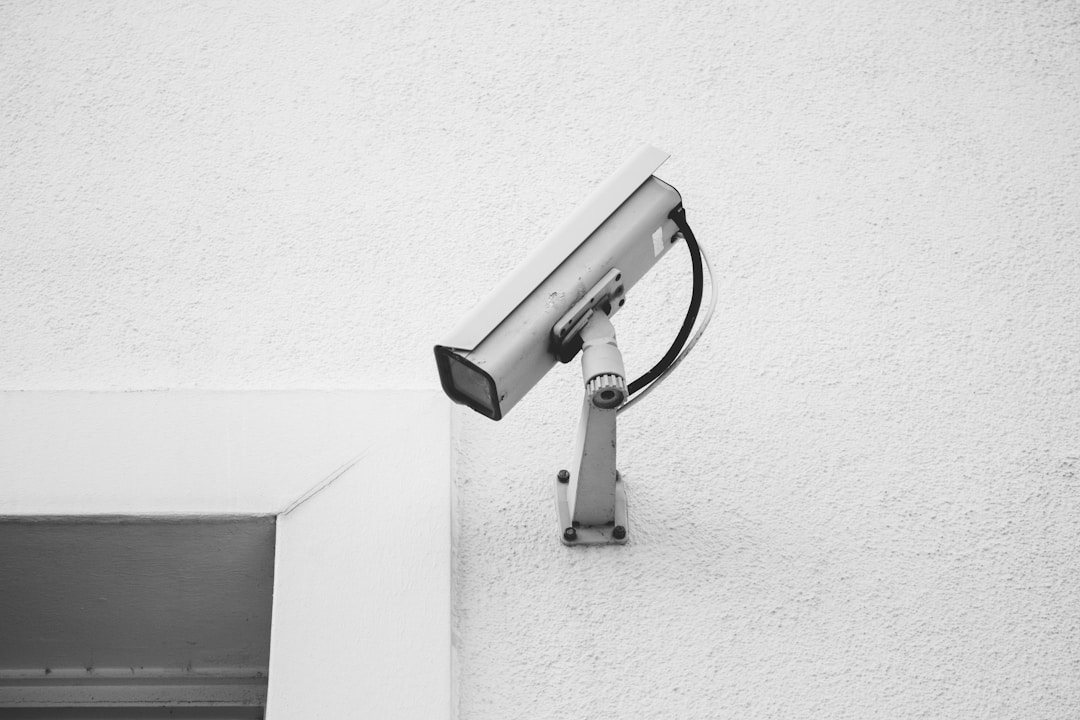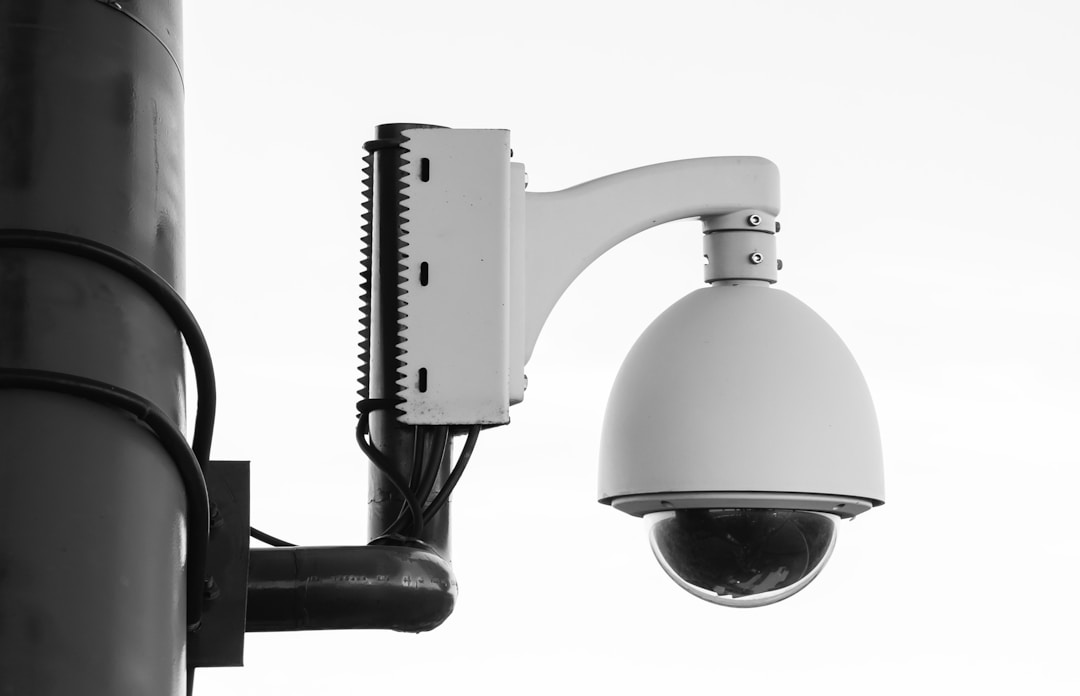In recent years, the landscape of hospital security has shifted to accommodate new and emerging technologies, from access control and video security to biometrics and facial recognition systems. Modern hospitals are adopting advanced solutions to protect their patients and staff. In this article, we’ll discuss some of the most prominent emerging trends in hospital security and how they can contribute to creating a safer, more robust healthcare environment. Keep reading to learn more.
Smart Video Security

A significant development in hospital security is the use of smart video security systems. These systems employ advanced analytics and artificial intelligence to analyze video footage in real time, enabling security personnel to identify suspicious activity quickly and appropriately respond to potential threats. Integrating smart video security into a hospital security system can help hospitals achieve enhanced safety and situational awareness.
Smart video security systems can also provide valuable insights by collecting data on foot traffic patterns, queue lengths, and waiting times. This information can help hospital administrators make informed decisions about staff and resource allocation, ultimately leading to a better patient experience and more efficient healthcare facilities. Furthermore, as smart video technology advances, hospitals can take advantage of features like facial recognition and license plate recognition to further improve security measures and overall building safety.
In addition to improved situational awareness, smart video security systems can offer other benefits, such as reliable access to live and recorded video. This can prove invaluable in the event of an emergency or security incident where relevant video footage is required to assist law enforcement or conduct thorough investigations.
Biometric Access Control Systems
One of the most significant advancements in hospital security is the increased use of biometric access control systems. These systems provide secure entry to restricted areas of a hospital by verifying an individual’s unique biological characteristics, such as a fingerprint, iris, or facial pattern. Biometric systems offer a heightened level of security compared to traditional access control methods, such as keycards, because they’re virtually impossible to duplicate or transfer.
By implementing biometric systems, hospitals can better track the movements of personnel, visitors, and vendors, ensuring that only authorized individuals can access sensitive areas. A prominent example of a biometric hospital security system is the use of hand scanners. These scanners require authorized personnel to place their hand on a specialized biometric device that recognizes unique hand geometry patterns.
Facial Recognition Technology

Another highly advanced approach to hospital security is the implementation of facial recognition technology. This technology can identify an individual’s facial features and compare them to a database of known faces, allowing hospitals to rapidly verify the identities of individuals entering the facility. Combined with other security measures like biometric access control and smart video security, facial recognition can help hospitals maintain a secure environment while speeding up access for authorized individuals.
Facial recognition technology can also help hospitals track and identify potentially dangerous individuals before they pose a threat to the facility. For example, if a visitor is flagged as potentially dangerous or a staff member has had their access revoked, facial recognition systems can quickly identify these individuals and alert security personnel, preventing potential harm to patients, staff, and other visitors. Additionally, in the event of an emergency, facial recognition can help law enforcement and security teams locate specific individuals of interest or locate lost or disoriented patients or visitors.
The emerging trends in hospital security, including smart video security, biometric access control systems, and facial recognition technology, offer hospitals the opportunity to enhance their security measures and protect the well-being of their patients, staff, and visitors. By adopting these advanced solutions, healthcare facilities can create a safer, more secure environment for everyone involved.





